(Guide) Competitive Intelligence Analyst: Skills, Jobs & Salary
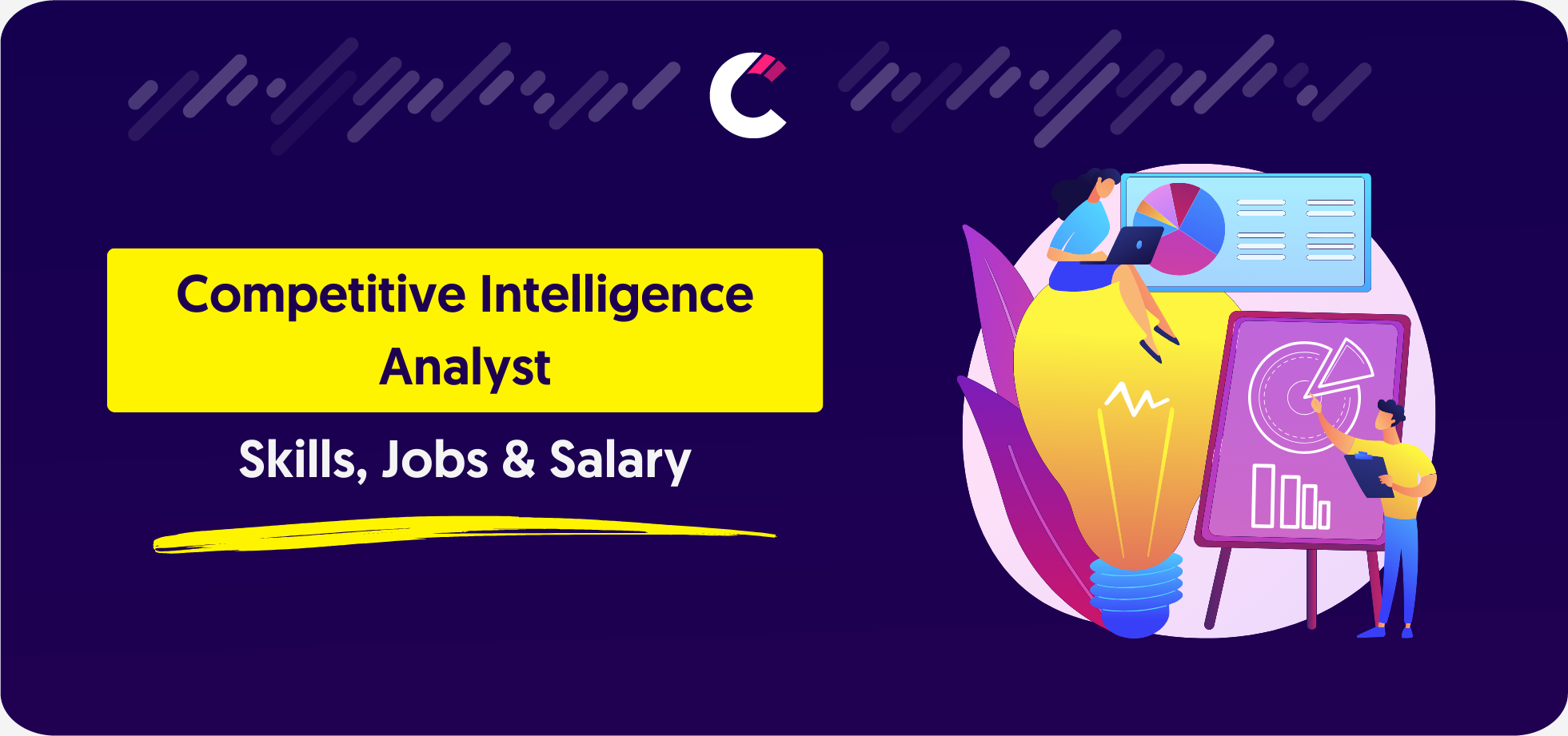
The role of the competitive intelligence analyst has been a fascinating evolution, culminating in a job that is crucial in today’s data-driven business environment. From the early days of simple market research to the complex, multifaceted discipline it is now, this career path has grown in importance and sophistication. With businesses increasingly recognizing the value of strategic intelligence in staying ahead of the competition, the demand for skilled analysts has surged. But what exactly does this role entail, and why has it become so pivotal in modern business strategies?
What is a competitive intelligence analyst?
At its core, a competitive intelligence analyst is a master of market research, but with a specific lens focused on understanding a company’s competitive environment. This role involves analyzing competitors’ behaviors, strategies, strengths, and weaknesses to provide actionable insights. These insights help their own companies navigate market trends, make informed decisions, and strategize effectively to stay ahead of the competition.
What does a competitive intelligence analyst do?
At its core, the role involves monitoring, analyzing, and reporting on the competitive environment. This means keeping a pulse on industry trends, competitor products, market shifts, and any other factors that could influence business strategy. It’s not just about gathering data; it’s about making sense of it all and translating it into strategic advice for decision-makers.
Types of competitive intelligence jobs
Exploring the various types of competitive intelligence jobs reveals the depth and diversity of this field. Here’s a closer look at some of the roles:
- Market Research Analyst: Focuses on gathering and analyzing market data to understand trends and customer behavior.
- Strategic Intelligence Manager: Oversees the strategic planning process by analyzing competitive data and industry trends to inform business decisions.
- Product Development Analyst: Uses competitive intelligence to guide the development of new products or improvements to existing ones, ensuring they meet market needs and outperform competitors.
- Industry Analyst: Specializes in a specific industry, providing insights and forecasts based on deep sectoral analysis.
- Competitive Intelligence Consultant: Offers expert advice to companies on competitive strategy, often working within a consultancy or as an independent contractor.
- Business Strategy Analyst: Integrates competitive intelligence into broader business strategies to drive growth and competitive advantage.
- Data Analyst in Competitive Intelligence: Harnesses data analytics tools and techniques to extract valuable insights from competitive data.
- Competitive Intelligence Software Specialist: Utilizes specialized software tools to collect and analyze data on competitors, market trends, and industry developments.
Available competitive intelligence analyst jobs
For those interested in pursuing a career as a competitive intelligence analyst, a wide range of opportunities await across various industries and levels of expertise. From entry-level positions to senior roles, companies are in search of analysts who can provide valuable insights to guide strategic decisions.
To explore the current job openings for competitive intelligence analysts, including the option to filter opportunities based on your location, visit LinkedIn’s job search page. Here, you can find a variety of listings that match your skills and career aspirations. Remember to select your preferred location to tailor the search results to opportunities near you.
How to become a competitive intelligence analyst
Embarking on a career as a competitive intelligence analyst involves a combination of focused education, strategic skill development, and an ongoing curiosity about the business world. Here’s a streamlined guide to entering this dynamic field:
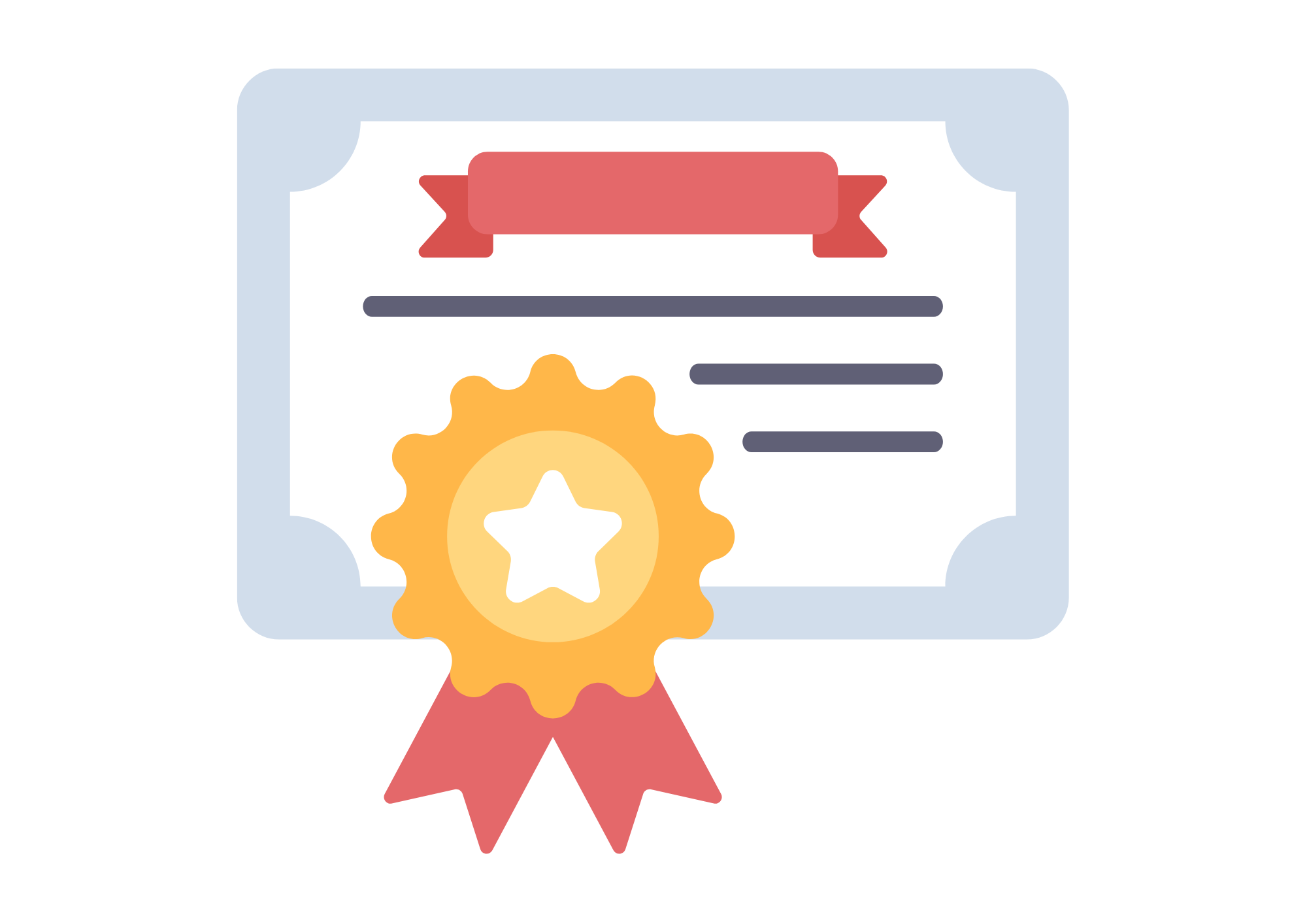
Typical Competitive Intelligence Analyst Background
Start with a degree in business, marketing, economics, statistics, or data science. These disciplines provide the analytical and strategic thinking skills essential for the role.

Practical Experience
Seek internships or roles in market research, business analysis, or similar areas. Real-world experience is crucial for understanding market behaviors and competitor strategies.
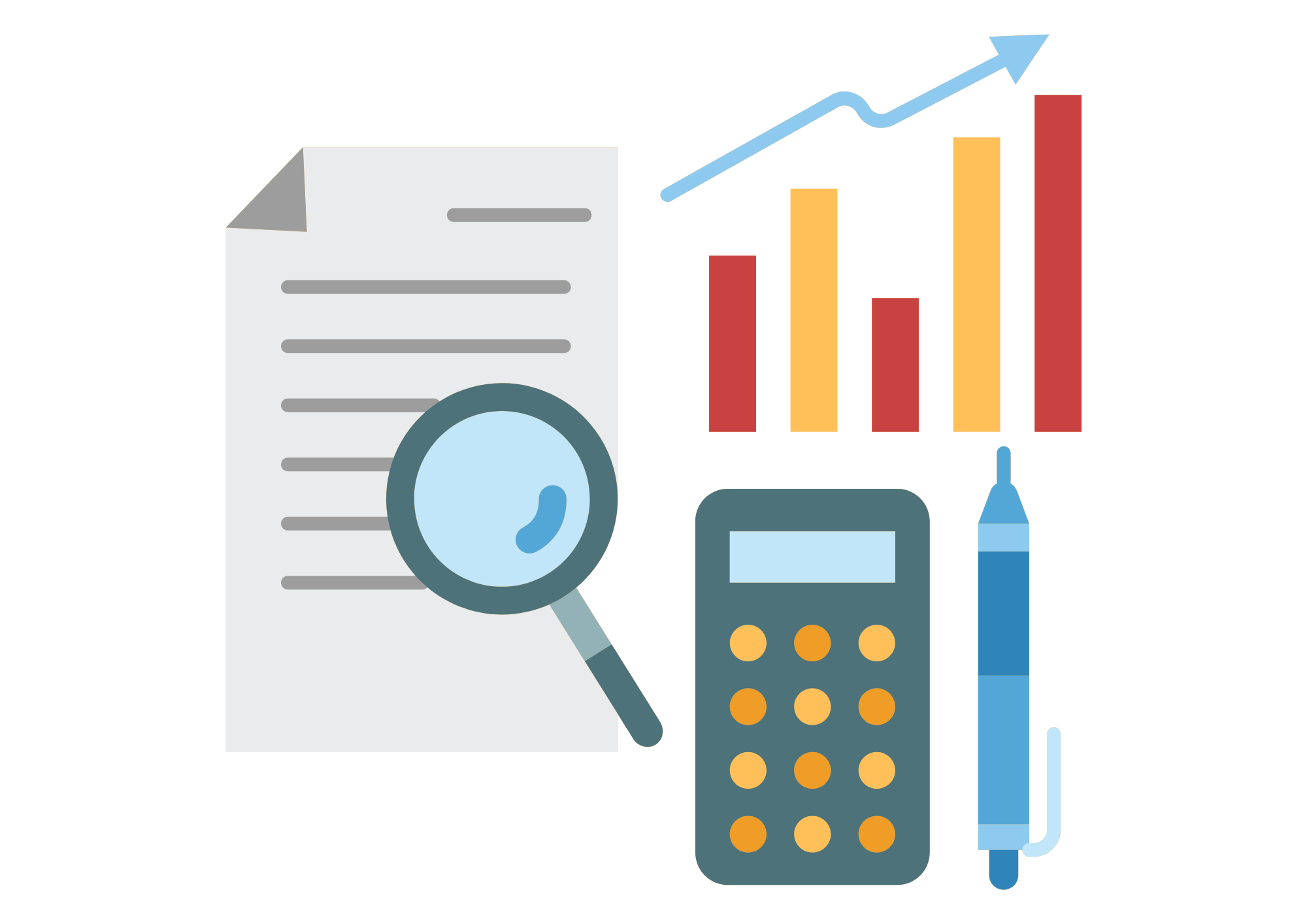
Business Analyst Abilities
Proficiency in data analysis and the use of statistical and business intelligence software is key. Consider certifications in analytics or competitive intelligence to elevate your skill set.

Competitive Industry Knowledge
Specialize in understanding the industry you're interested in. Keep up with trends, competitor news, and market shifts through continuous research and networking.
Competitive Intelligence Analyst Salary
The earning potential for a competitive intelligence analyst can vary widely based on factors such as experience, education, industry, and geographic location. Generally, the salary reflects the high value that organizations place on the insights provided by these professionals, which can significantly impact strategic decisions and competitive positioning.

Entry-Level Analysts
For those just starting out in the field, entry-level competitive intelligence analysts can expect salaries that align with early career positions in business analysis or market research. Depending on the industry and location, entry-level salaries typically range from $50,000 to $70,000 annually. These positions often require a bachelor's degree and offer a foundation in data analysis, strategic thinking, and industry-specific knowledge.

Mid-Level Analysts
As competitive intelligence analysts gain experience and further their education, possibly obtaining advanced degrees or specialized certifications, their salary potential increases. Mid-level analysts with a few years of experience and a proven track record of delivering actionable insights can see salaries ranging from $70,000 to $100,000.

Senior Analysts
Senior analysts, especially those with specialized knowledge in a high-demand industry or with strategic roles within their organizations, can command salaries of $100,000 and above. In these roles, analysts not only conduct competitive analysis but also contribute to strategic planning and decision-making processes, reflecting their integral role in shaping business strategy.
Factors Influencing Competitive Intelligence Analyst Salaries
Several factors can influence the salary of a competitive intelligence analyst:
- Industry: Certain industries, such as technology, finance, and pharmaceuticals, tend to offer higher salaries due to the highly competitive nature of these markets and the critical role of intelligence in strategic decision-making.
- Geographic Location: Salaries can vary significantly based on location, with analysts in major metropolitan areas or regions with a high concentration of target industries typically earning more.
- Education and Certification: Advanced degrees (such as an MBA) and certifications in competitive intelligence or related fields can enhance an analyst’s earning potential.
- Experience: Experience is a significant factor, with seasoned analysts who possess a deep understanding of their industry and a track record of impacting business strategy earning at the higher end of the salary spectrum.
The career of a competitive intelligence analyst not only offers the excitement of navigating the complexities of competitive landscapes but also the potential for rewarding compensation as one advances in the field. With businesses increasingly recognizing the value of strategic intelligence, the demand for skilled analysts is likely to continue growing, along with their earning potential.
Competitive Intelligence Analyst Job Description
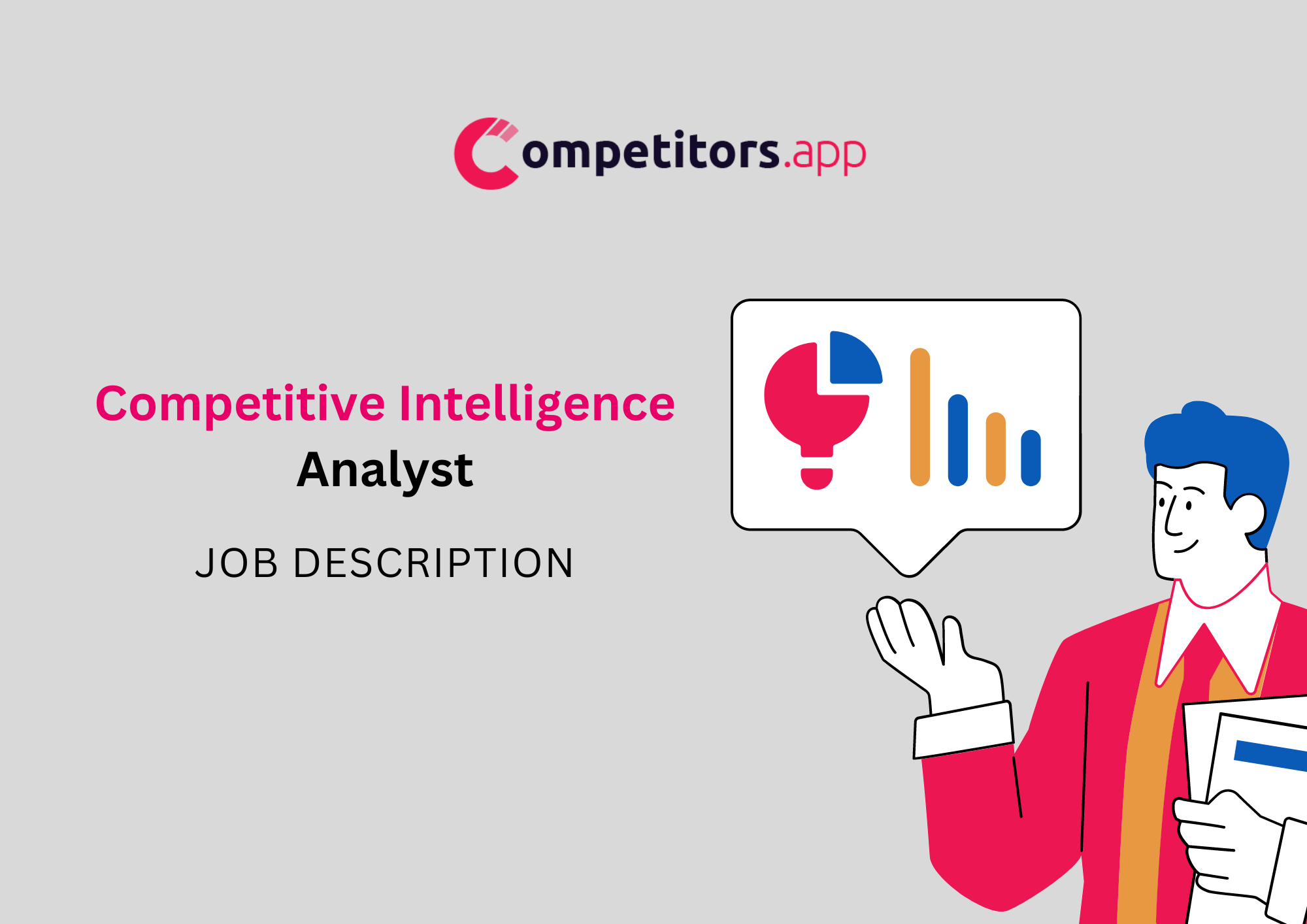
A competitive intelligence analyst plays a crucial role within organizations, bridging the gap between data and strategic decision-making. Their job description encompasses a range of responsibilities, from data collection to analysis, all aimed at equipping business leaders with the insights needed to navigate competitive landscapes effectively. Here’s what typically falls under the purview of a competitive intelligence analyst:
Core Responsibilities
- Data Collection: Systematically gather information from various sources, including market reports, public records, industry news, and competitor publications, to build a comprehensive database of competitive intelligence.
- Analysis: Employ analytical techniques to interpret data, identifying trends, strengths, weaknesses, opportunities, and threats in the competitive landscape.
- Strategic Insights: Translate findings into actionable insights, providing recommendations to support strategic planning and decision-making.
- Reporting: Prepare reports and presentations that clearly communicate competitive intelligence findings to stakeholders, including senior management, to inform business strategies.
- Collaboration: Work closely with teams across the organization, such as marketing, sales, product development, and strategic planning, to provide intelligence support tailored to specific business needs.
- Monitoring: Continuously monitor the competitive environment for changes and updates, ensuring the organization remains agile and responsive to market shifts.
Skills and Qualifications
- Analytical Skills: Strong ability to analyze and synthesize information from diverse sources, identifying patterns and insights within complex data sets.
- Strategic Thinking: Capacity to understand broader business strategies and how competitive intelligence can influence strategic decisions.
- Communication Skills: Excellent written and verbal communication abilities, with the skill to translate complex data into clear, concise, and actionable insights for varied audiences.
- Technical Proficiency: Familiarity with data analysis tools and software, including business intelligence platforms, statistical software, and databases.
- Attention to Detail: Precision and thoroughness in research and analysis, ensuring the reliability and accuracy of competitive intelligence.
- Educational Background: Typically requires a bachelor’s degree in business, marketing, economics, statistics, data science, or a related field. Advanced degrees or certifications in competitive intelligence, business analysis, or related areas can be advantageous.
Ideal Candidate Traits
The ideal competitive intelligence analyst is naturally curious, with a keen interest in understanding competitive dynamics and the strategic implications for their organization. They are proactive, always on the lookout for new sources of information and ways to enhance their analytical techniques. Adaptability is also key, as the competitive landscape can shift rapidly, requiring analysts to adjust their focus and methods accordingly.
This role is suited for individuals who thrive on challenges and enjoy the process of turning data into strategic business insights. The impact of a competitive intelligence analyst on an organization’s strategic direction and success makes this a rewarding career path for the right candidate.
What Does Competitive Intelligence Analyst Training Involve?
For companies aiming to strengthen their competitive edge, investing in the training of competitive intelligence analysts is paramount. Effective training equips analysts with the tools, techniques, and mindset needed to deliver actionable insights that can shape strategic decisions. Here’s what a comprehensive training program should cover:

Understanding the Competitive Landscape
Market Dynamics: Training should begin with a deep dive into understanding market dynamics, including how markets operate, what drives competition, and how to identify emerging trends.
Competitor Analysis: Analysts need to learn how to effectively identify key competitors, analyze their strategies, strengths, weaknesses, opportunities, and threats, and monitor their activities over time.
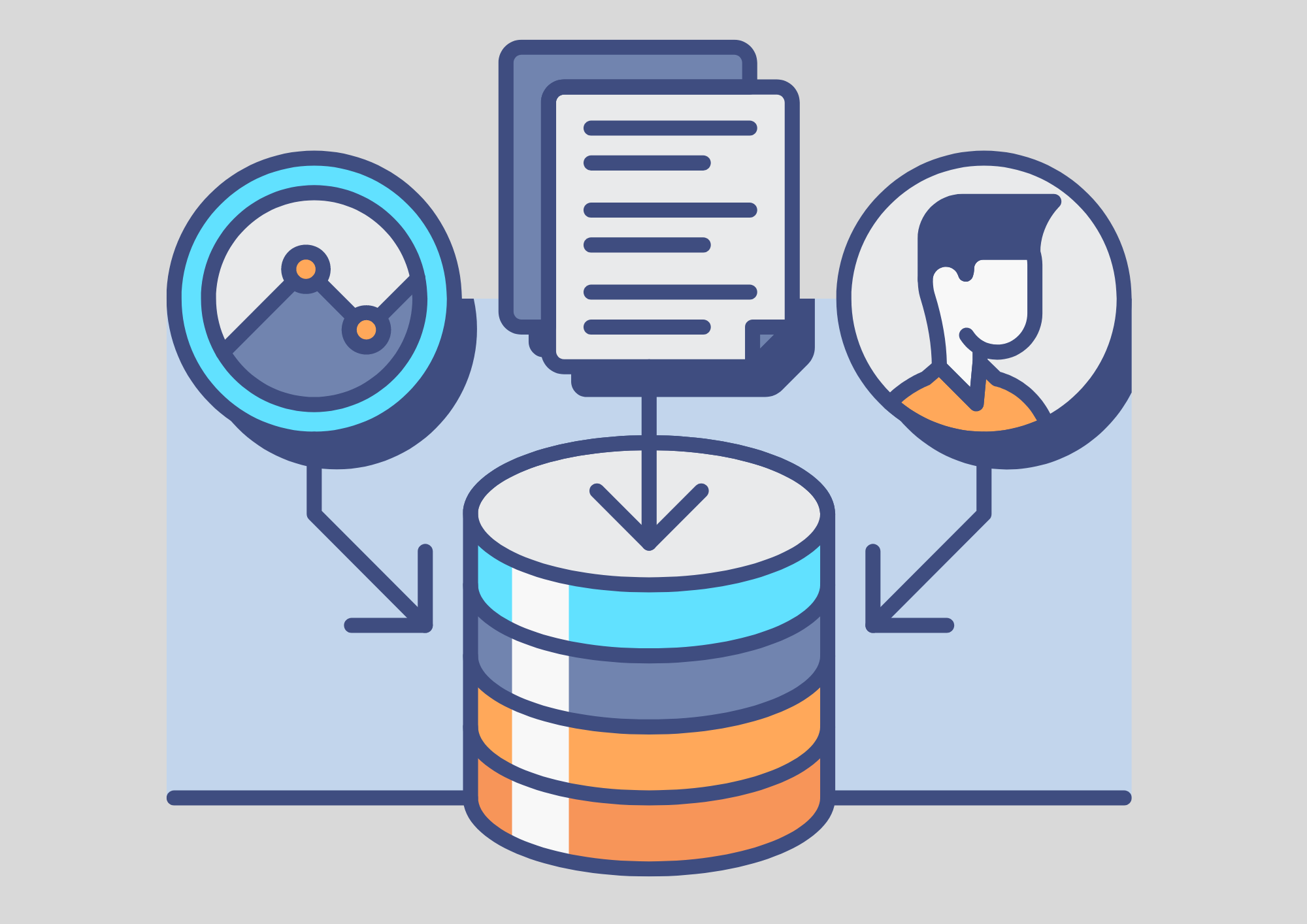
Analytical Skills Development
Data Collection Methods: Training on various data collection methods, including primary and secondary research, social media analysis, and legal ways to gather competitive intelligence.
Analytical Techniques: Emphasis on analytical techniques that help in interpreting data, such as SWOT analysis, Porter’s Five Forces, and other strategic analysis tools.
Data Analysis Tools: Proficiency in data analysis tools and software is crucial. Training should cover business intelligence platforms, statistical software, and how to leverage databases for competitive intelligence.
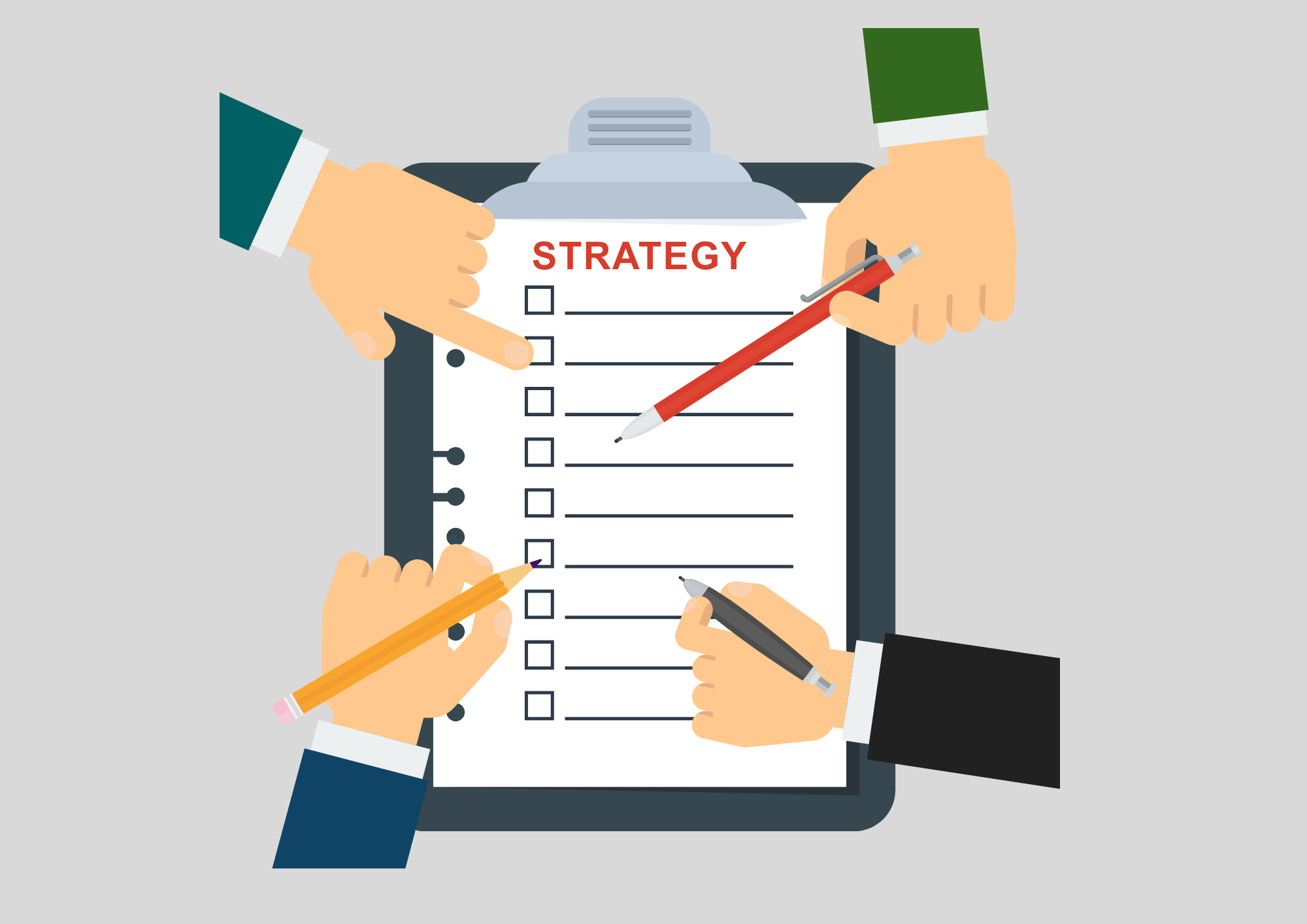
Strategic Thinking and Communication
Strategic Implications: Analysts should understand how to translate their findings into strategic insights, considering the implications for the business and recommending actions.
Reporting and Presentation: Training must include how to effectively communicate findings through reports and presentations, tailoring the communication to different audiences within the organization.
The Skills Every Competitive Intelligence Analyst Needs
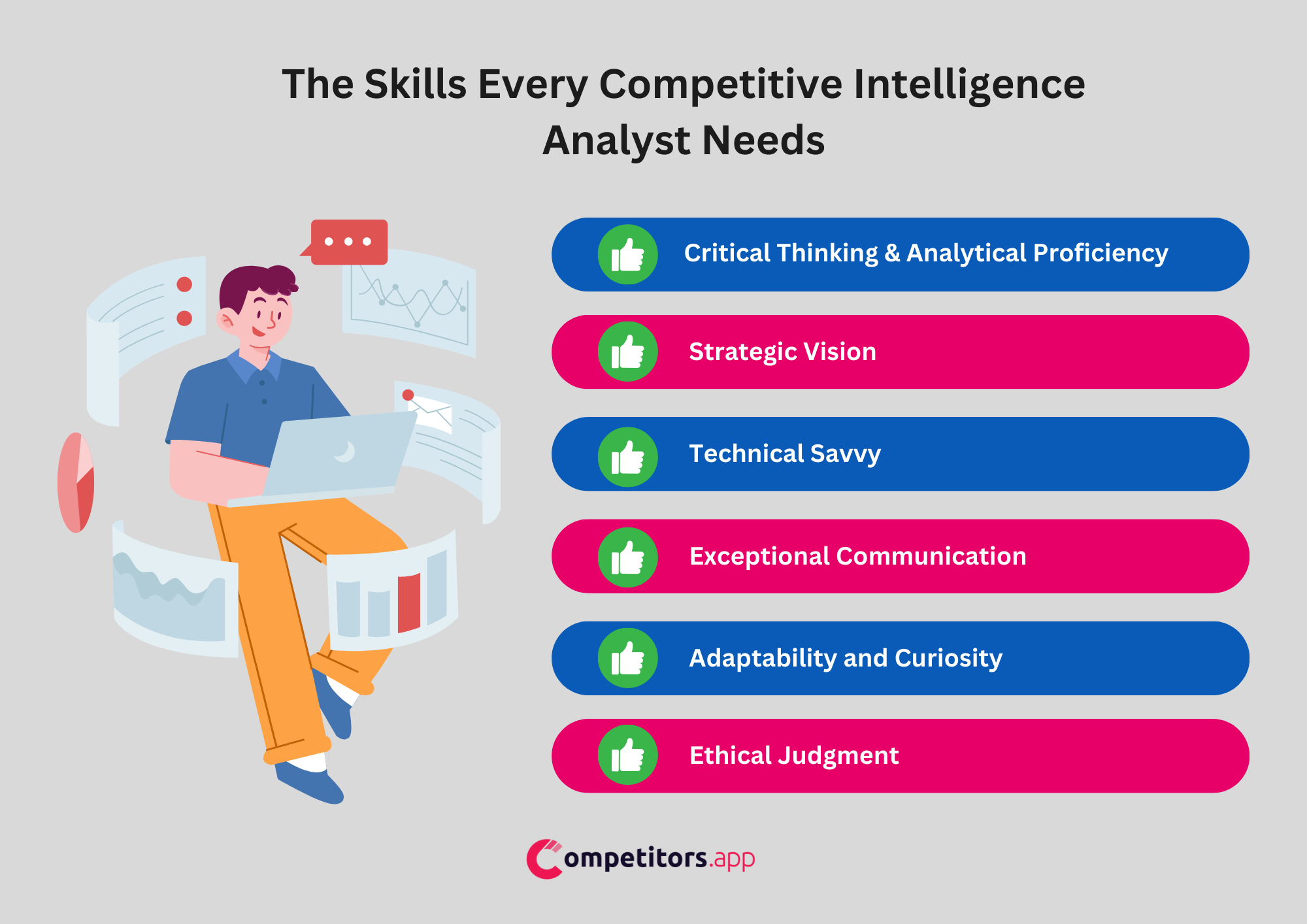
or companies to thrive in today’s competitive environment, their analysts must possess a unique set of skills that go beyond traditional analysis and reporting. Here are the key skills that define a top-tier competitive intelligence analyst:
Critical Thinking and Analytical Proficiency
An adept competitive intelligence analyst brings a high level of critical thinking to every task. They can dissect complex information, discern patterns, and extract actionable insights from vast data sets. This analytical prowess enables them to predict competitor moves and industry shifts accurately.
Strategic Vision
These analysts have a strategic mindset, allowing them to see the bigger picture and understand how individual pieces of information fit within the broader business landscape. They can anticipate the strategic implications of their findings, advising on potential opportunities and threats.
Technical Savvy
In today’s data-driven world, proficiency with the latest technological tools is essential. Analysts should be adept in utilizing advanced analytics software, databases, and business intelligence tools to gather and analyze data efficiently.
Exceptional Communication
The ability to articulate complex insights in a clear, concise manner is crucial. Analysts must effectively communicate their findings to stakeholders at all levels, from technical teams to executive leadership, ensuring that their insights can be acted upon.
Adaptability and Curiosity
The competitive landscape is ever-changing, requiring analysts to be inherently curious and adaptable. They must continually seek out new sources of information and be ready to adjust their strategies in response to new data or market conditions.
Ethical Judgment
Given the sensitive nature of competitive intelligence, analysts must navigate ethical boundaries with care. They need a strong sense of integrity and an understanding of legal guidelines to ensure that their methods of information gathering and analysis are beyond reproach.
Predicted Growth for the Career of a Competitive Intelligence Analyst

The career trajectory for competitive intelligence analysts is on an upward trend, reflecting the growing recognition of competitive intelligence’s value in strategic business decision-making. As organizations across various industries strive to navigate increasingly complex and competitive markets, the demand for skilled analysts who can provide actionable insights based on comprehensive market and competitor analysis is expected to rise. This growth is fueled by the digital transformation of the marketplace, where data proliferation has increased the need for sophisticated analysis to cut through the noise and identify strategic opportunities.
Progression Options and Career Path
The career path for a competitive intelligence analyst offers diverse progression options, reflecting the broad applicability of the skills involved in this role. Here’s a typical progression trajectory:
- Entry-Level Analyst: Starting as a junior or entry-level analyst, professionals in this stage focus on data collection, basic analysis, and reporting under the guidance of more experienced colleagues.
- Mid-Level Analyst: With a few years of experience, analysts move into mid-level roles where they take on more responsibility in analyzing data, developing insights, and contributing to strategic decisions. They may also start specializing in certain industries or types of competitive intelligence work.
- Senior Analyst/Manager: Experienced analysts can advance to senior roles, leading competitive intelligence projects, managing teams, and playing a key role in shaping the organization’s strategic direction. At this level, they often engage directly with senior management and other key decision-makers.
- Director of Competitive Intelligence: At the apex of the career path, some analysts may become directors of competitive intelligence, overseeing the entire competitive intelligence function within their organization. This role involves strategic oversight, cross-departmental collaboration, and a direct impact on the organization’s strategic planning and execution.
Beyond traditional roles within corporations, competitive intelligence analysts have opportunities to work as consultants, offering their expertise to a range of clients, or to transition into related fields such as market research, business strategy, or data analysis. The skills developed in competitive intelligence analysis—critical thinking, analytical prowess, strategic insight—are highly transferable and valued across a broad spectrum of industries and roles.
How to Use a Competitive Intelligence Strategy in Your Business
Integrating competitive intelligence (CI) into your business strategy is essential for staying competitive and making informed decisions. Start by defining clear objectives and identifying key intelligence topics relevant to your goals. Develop a systematic CI process involving data collection, analysis, and dissemination of insights to stakeholders. Utilize various data sources, including public records, social media, industry reports, and primary research. Analyze the information to identify market trends, opportunities, and threats. Finally, use these insights to inform strategic decisions, ensuring regular updates to your CI strategy to keep pace with market changes.
How to Gather Competitive Intelligence Data
Gathering competitive intelligence is crucial for navigating the competitive landscape effectively. Start by exploring public records and monitoring online activities and social media for insights into your competitors’ strategies and market trends. Accessing industry reports can also provide valuable information. Additionally, attending trade shows and engaging with customers offers firsthand insights. For a more comprehensive analysis, consider conducting primary research. Utilizing specialized CI tools, like Competitors App, can significantly enhance your ability to collect and analyze data systematically. These tools automate the monitoring of competitors’ online activities, providing real-time insights that can inform strategic decisions, drive growth, and foster innovation. Alternatively, you can find a competitive intelligence expert who will help you gather them.


